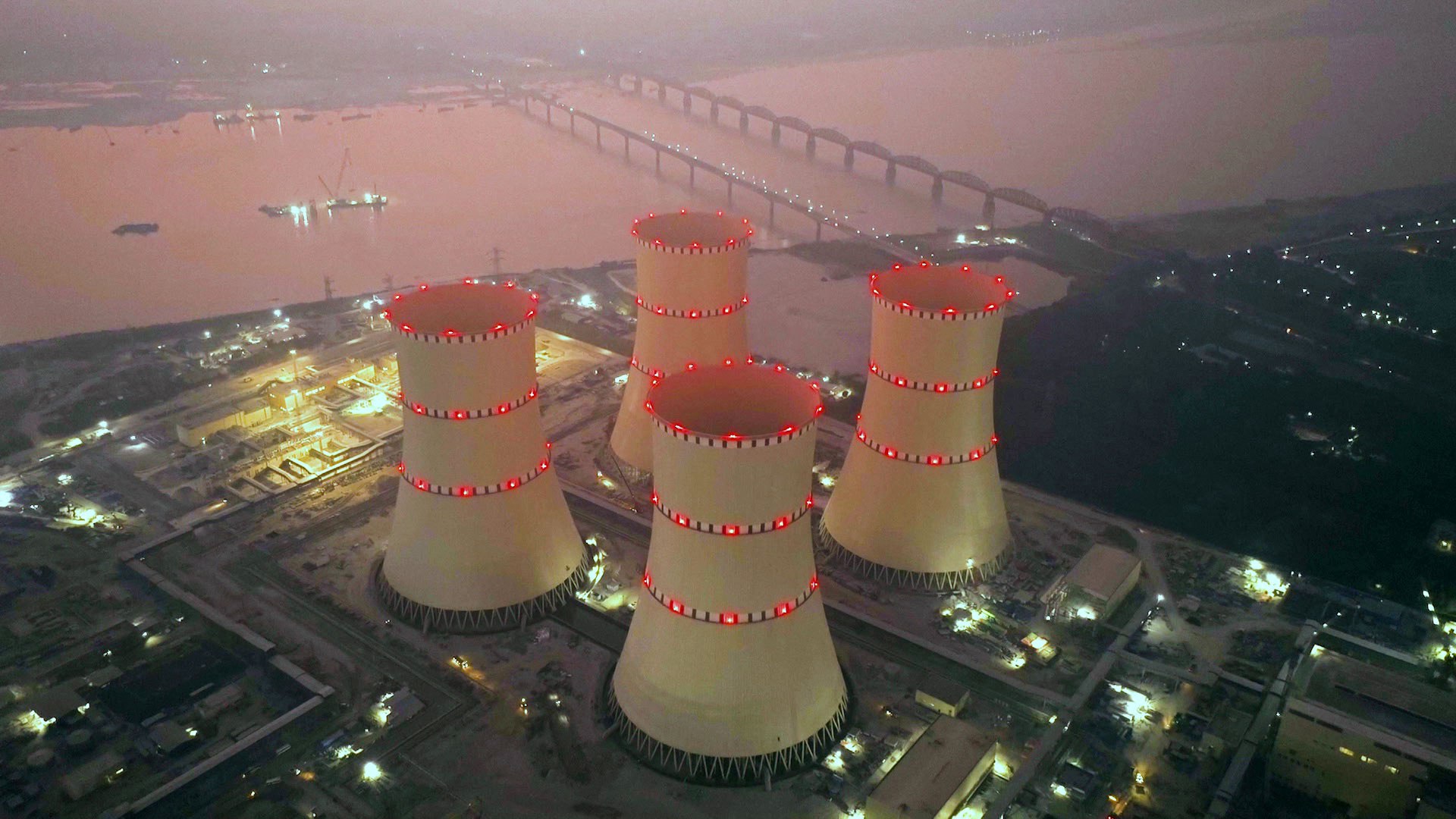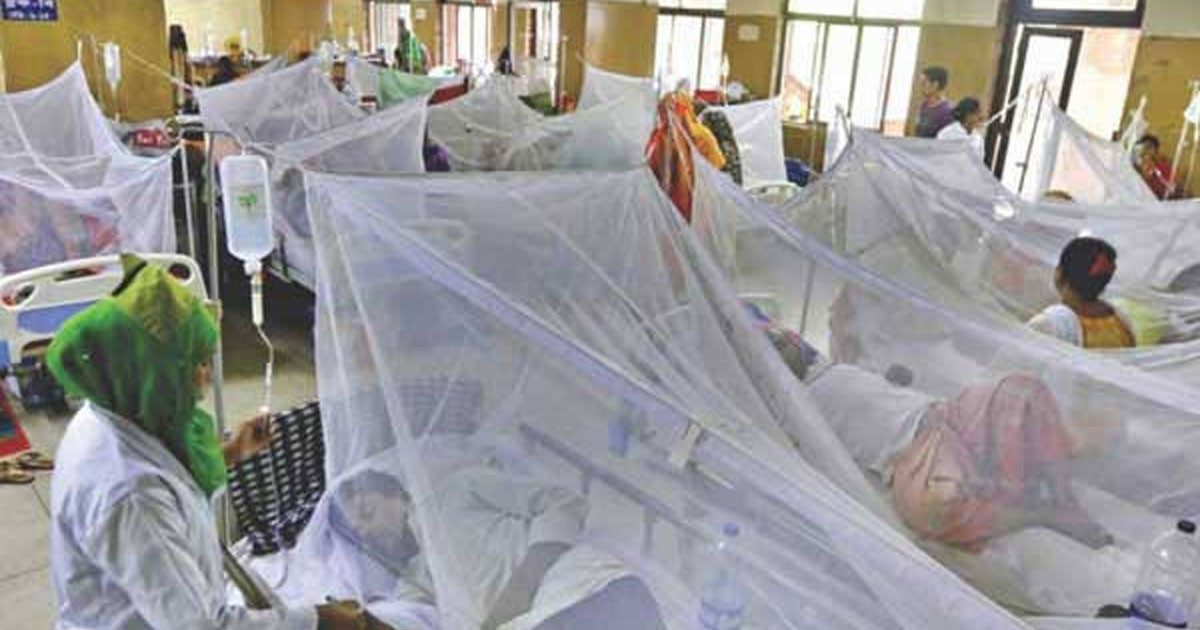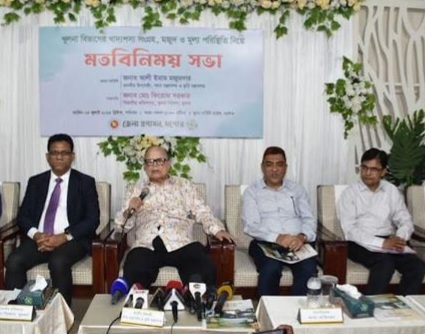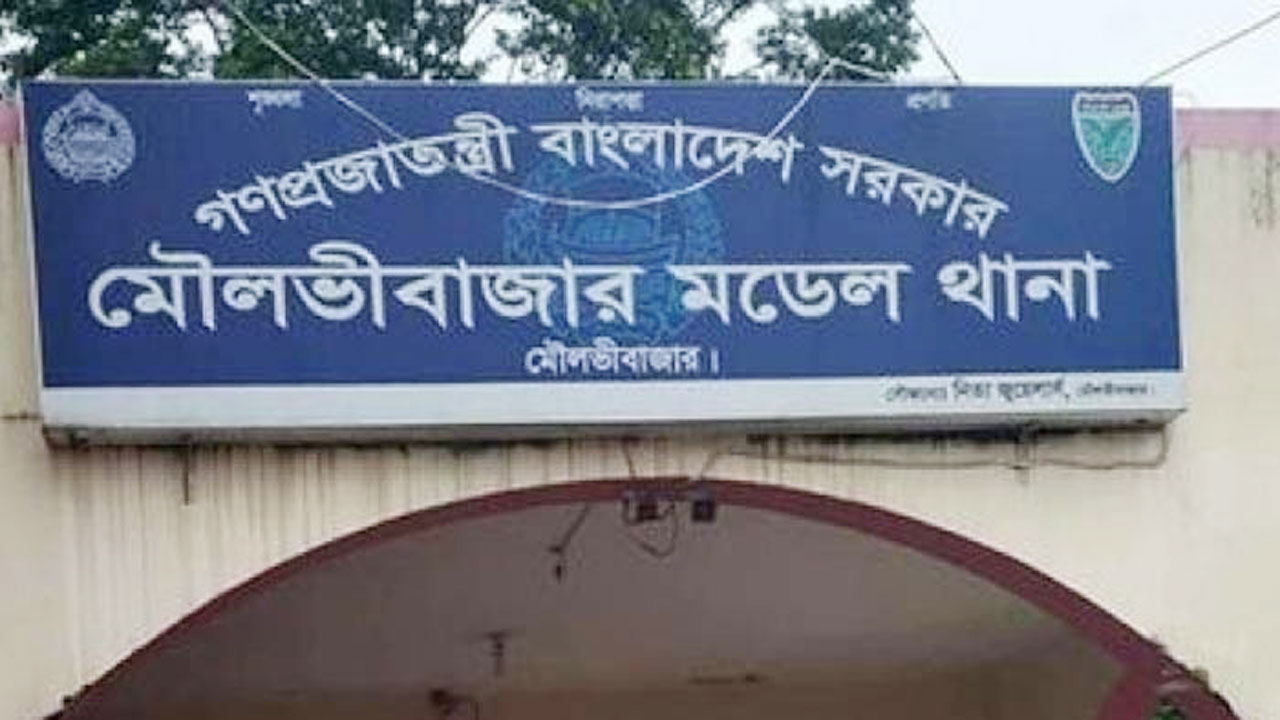
An economic evaluation of the Ruppur Nuclear Power Plant project is being initiated, leading to an urgent decision for a project inspection. The inspectors will gather information on the project’s progress, total expenditures, and the estimated completion time.
The Implementation, Monitoring, and Evaluation Division (IMED) of the Ministry of Planning will conduct the inspection. The decision was made during an IMED coordination meeting on March 10, and a report is expected to be submitted in the next coordination meeting next month.
According to sources, the evaluation will consider the project’s financial significance and determine the next steps based on the investment and the time required to recover it. The economic impact of repaying the foreign loan from Russia, which finances the project, will also be taken into account.
A senior official from IMED stated that high-level policymakers have instructed the inspection of the Ruppur Nuclear Power Plant. With significant expenditure already incurred, the project may not be feasible to cancel, but an economic assessment is crucial.
The project is costing around Tk114,000 crore, with the government contributing Tk22,052 crore and the rest financed by a loan from Russia. The first reactor’s core was installed in October 2021, and the second unit’s core was placed in October 2022. The first unit may begin power generation by the end of 2025.
Loan repayment for the project will start in 2027, although Bangladesh is negotiating a two-year delay in the repayment schedule.
Following the August 5, fall of the Awami League government due to student-led protests, the economic evaluation of large-scale projects like the Ruppur nuclear plant, the metro rail, and the Payra seaport has become a focal point of discussion. The government has formed an economic committee to assess these projects’ true costs, loan conditions, and durations.
The evaluation of the Payra seaport project, another mega project, was assigned to planning advisor Dr Wahiduddin Mahmud, who is scheduled for an inspection soon. The project’s total cost has now increased to Tk5,228 crore after several revisions. Mahmud has criticised the Payra seaport, stating that it will need constant dredging to remain operational, making it financially burdensome. He even questioned the project’s economic viability, calling it a significant expense with limited potential for use.









